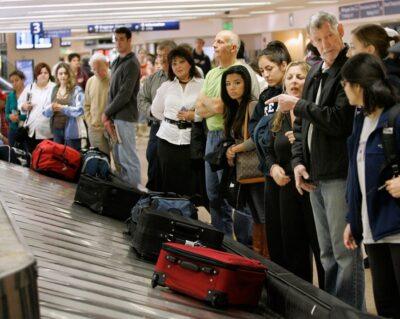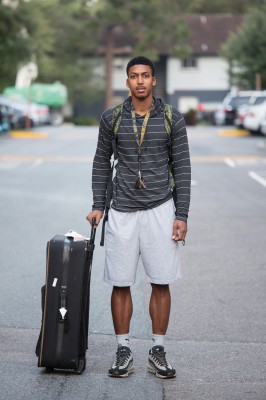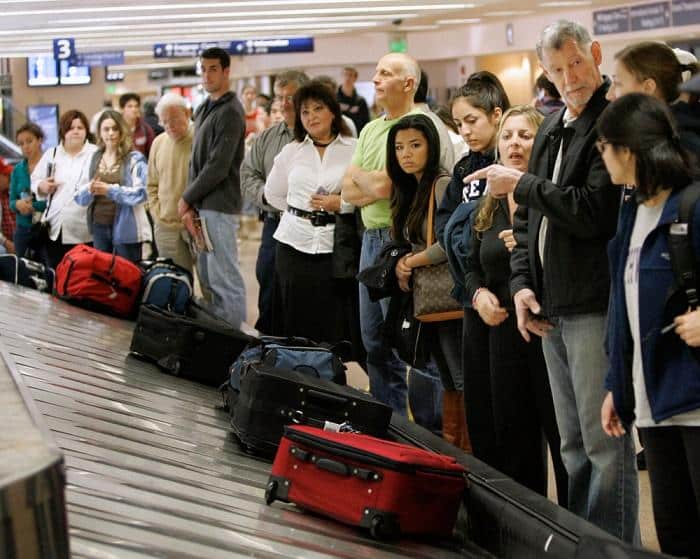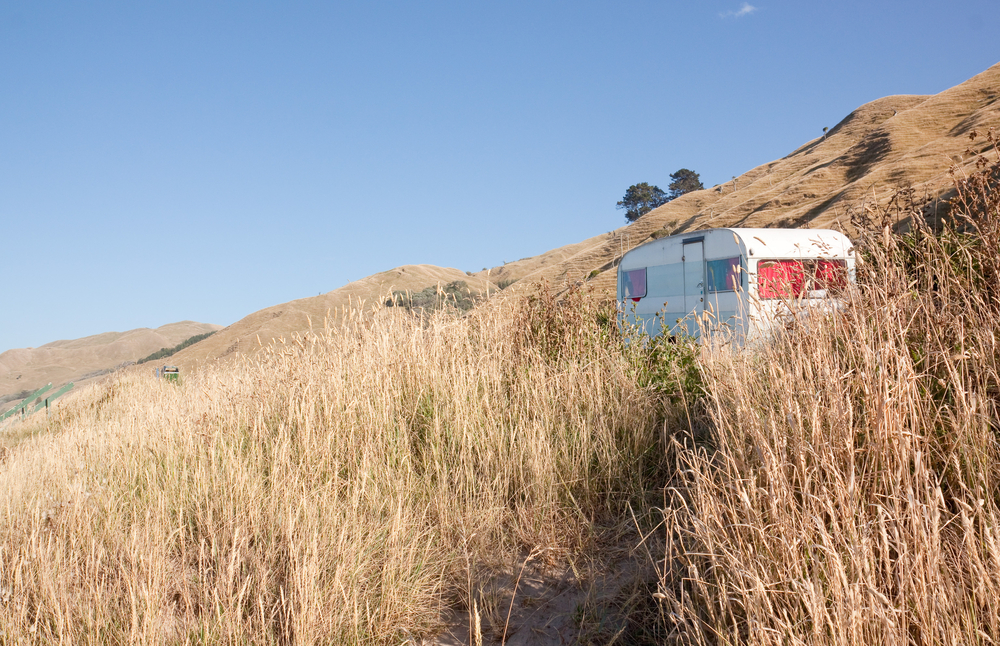
It is no longer safe to carry large amounts of cash with you when you fly or even walk through the airport. That’s because airport police are now using civil forfeiture – a common practice on the nation’s highways — to stop air travelers and seize their cash without even charging them with a crime
Police stopped college student Charles Clarke at the Cincinnati/Northern Kentucky International Airport in early 2014 before he boarded a flight and took his entire life savings of $11,000 because they claimed a checked bag smelled like marijuana, The Institute for Justice reported. More than a year later, he still doesn’t have his money back.
No drugs were found on Clarke, who admits he sometimes smoked cannabis. He was never charged with a crime. Instead, airport police simply took the cash and let him go on his way. He was carrying the money because he was in the process of moving.
“I saved up the money to use for living expenses and for future savings, and now it is gone,” Clarke said. “After the money was seized, it was very hard for me to make ends meet. I had to borrow money from family, and I was embarrassed. No one should have to go through the nightmare I went through simply because they choose to carry their hard-earned cash.”
Learn How To Become Invisible In Today’s Surveillance State!
The money came from odd jobs, financial aid and gifts from family, as well as from benefits Clarke receives because his mother is a wounded veteran. Clarke had planned to use the money to cover his expenses in college. He was flying back to Florida from a visit to relatives in Ohio at the time of the seizure.

Clarke and the Institute are suing the government in an attempt to get the cash back, but the government says Clarke must prove he is innocent. That is the wrong standard, the organization said.
“The burden should not be on Charles to prove that his money is legitimate,” the Institute said in a press release. “In order to keep his money, the government should have to prove that Charles committed a crime.”
It Gets Worse
The most outrageous aspect of Clarke’s case is that 13 different law enforcement agencies in two states want a cut of his money, even though 11 of them weren’t involved. It’s part of a program called equitable sharing. In one of his last acts as US attorney general in March, Eric Holder announced a policy that severely limits equitable sharing, although the action didn’t end it.
Police have collected around $2 million in 100 seizures at the airport since 2013, the Institute reported. Most of the seizures were directed against drug money, but anybody carrying cash can become a target if police suspect a crime was involved
“Carrying cash is not a crime,” Institute for Justice attorney Darpana Sheth said. “No one should lose their life savings when no drugs or evidence of any crime are found on them or their belongings.”
Civil Forfeiture is Nothing New
Clarke is not alone. In fact, many travelers have reported losing cash to law enforcement through civil forfeiture. Joseph Rivers reported that the DEA took his entire life’s savings of $16,000 while he was traveling on an Amtrak train in Albuquerque, New Mexico.
Civil forfeiture is actually a legal fiction in which prosecutors file a lawsuit against a piece of property or a sum of money — as if it were a person. The idea is to seize the cash or property without going to criminal court, where defendants have more rights. Cases end up with odd-sounding names such as United States v. $11,000 in United States Currency.
The Washington Post reported that law enforcement collected $2.5 billion through 61,998 cash seizures between 2001 and 2014. About $1.7 billion of that money went to local and state agencies, while another $800 million went to the US Departments of Justice and Homeland Security and other federal agencies.
Do you believe civil forfeiture should be abolished? Share your thoughts on it in the section below:
You’re Being Watched: 7 Sneaky Ways The Government Is Tracking Your Every Move. Read More Here.











